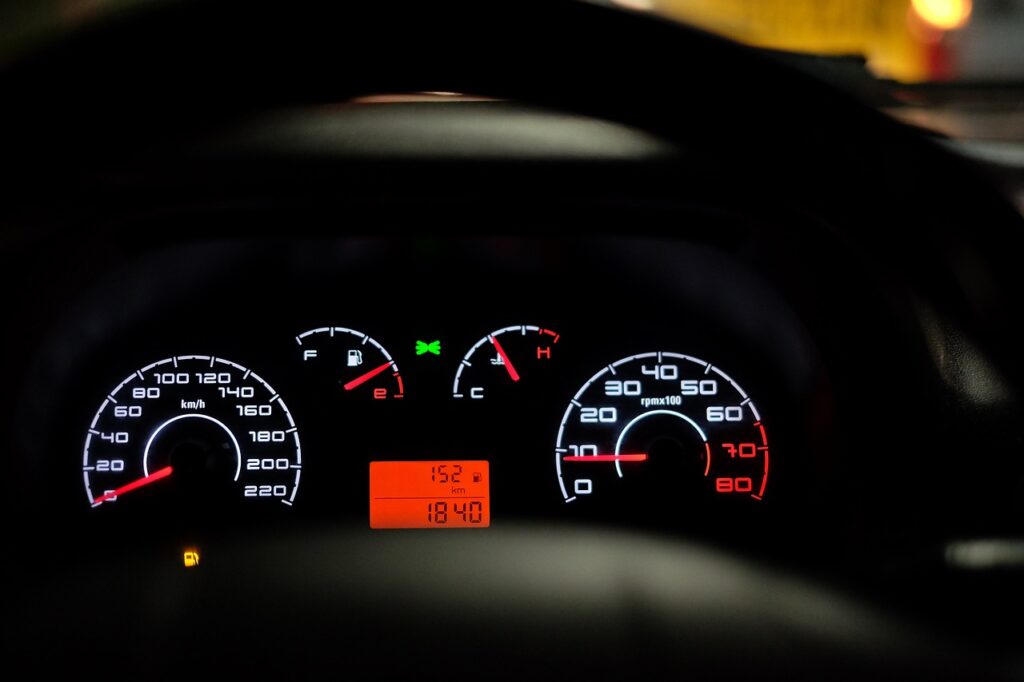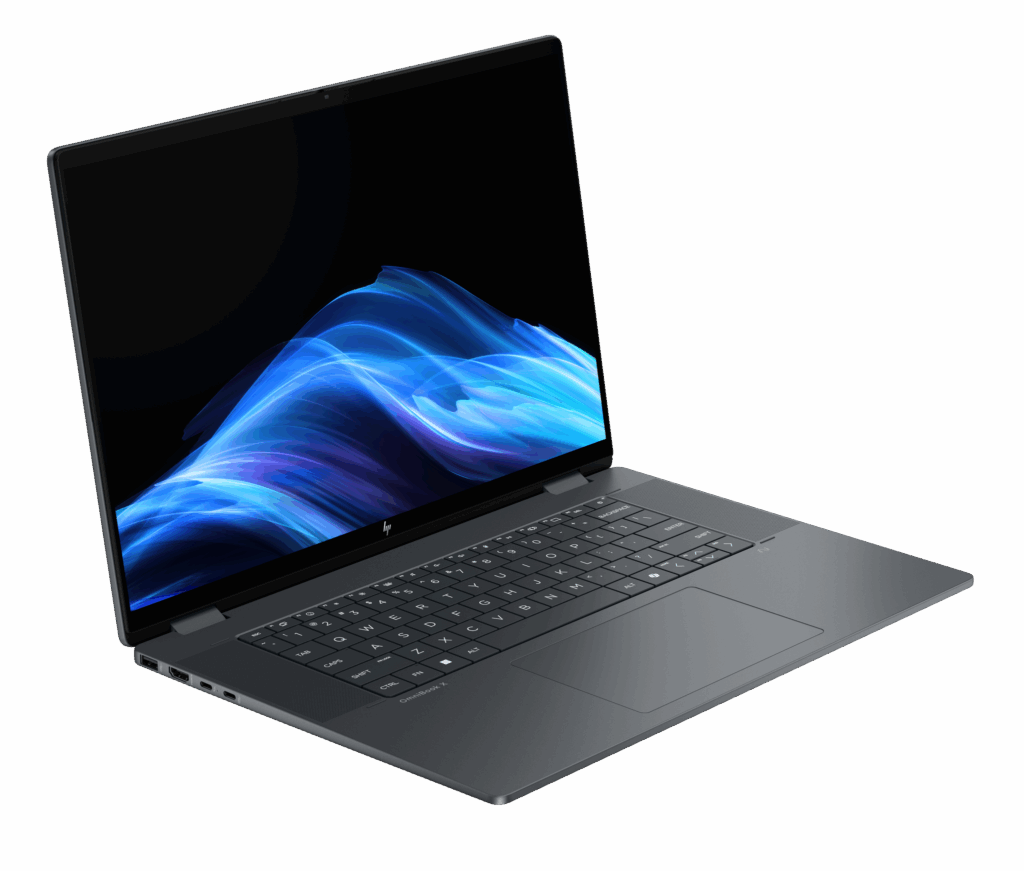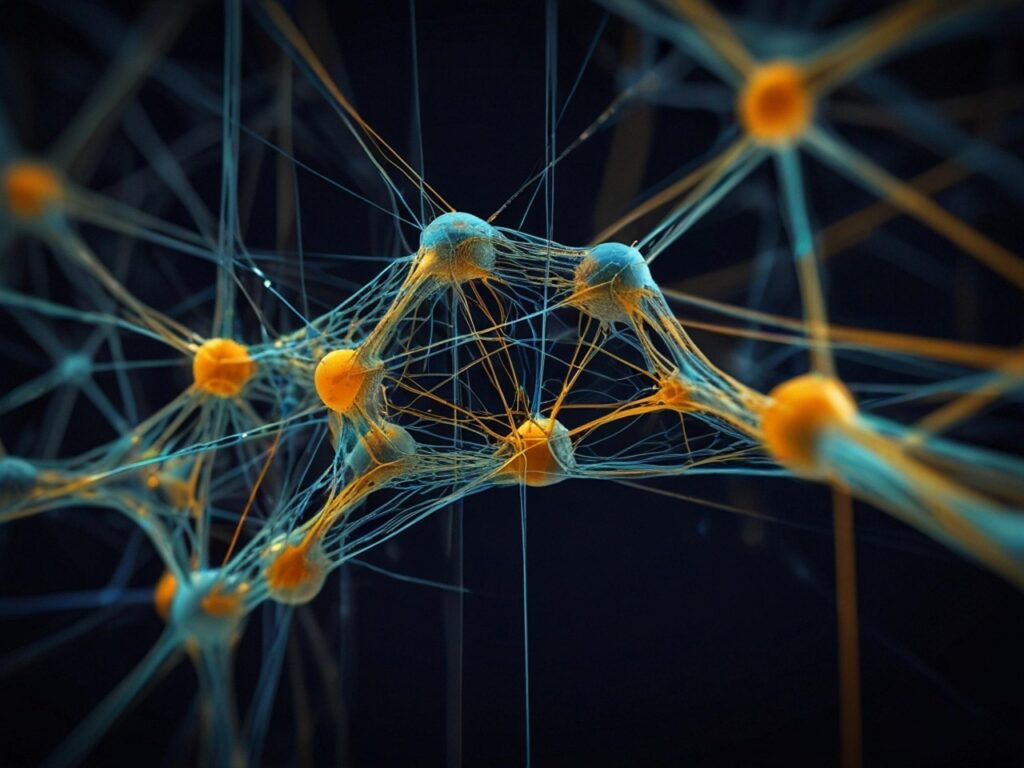When NVIDIA started showing up in automobiles, I was impressed. I was given an Audi A7 to drive for a week. I was so impressed with the graphics on the dash I eventually bought an Audi e-tron GT with that capability. AI will have an even bigger impact in the future.
The near-term advantage of AI in the car is far better ADAS (Automated Driver Assistance Systems) and better BEVs (battery electric vehicles). The future is coming fast, so let’s talk about how AI is improving what we drive even today.
The TOPS Race
TOPS (Trillions of Operations Per Second) is quickly becoming more critical than horsepower in cars. The saying is that the only horsepower that matters is what you can put to the ground. BEVs, in particular, are massively aided by AIs to not only increase the power of an electric car but to put that power to the ground. On the street, Teslas regularly beat dragsters on the racetrack. Some police forces have started to deploy them because their normal police cars are significantly outmatched by them. What also makes BEVs better for police is that police cars often sit for hours, wasting fuel before attempting a traffic stop. Electric cars can sit for hours before having to immediately jump to full speed without wasting fuel.
Police officers often have to do multiple things while in pursuit, making the currently limited self-driving capability of the cars critical for more effective multi-tasking. And since the cars can be fast-charged at the station or from a Level 2 charger at the officer’s home, the cost of gas for the cars and the ability to charge them timely without having to gas up are also advantageous given the cars typically aren’t driven long distances.
But the real race is going on between the U.S. and China which already has cars with 1,000 TOPS while U.S. car makers are struggling to get to 40 TOPS. This extra processing capability provides unique features like 360-degree bird’s eye views (something I find amazing in my new-to-me Audi). Faster automated parking, more informative diagnostics with advice on any related fix, improved security, and an ever-increasing list of features are all byproducts of this race for more TOPS.
Voice commands have improved as well. This was a feature that had been around for a long time and has typically sucked because you needed to learn or be prompted about specific commands. Now, with conversational AI, you can talk to the car or your phone in a conversational fashion, and the vehicle will automatically understand what you mean.
Pirelli and Bosch are even putting this advanced technology into tire management systems so that the coming move to airless tires will provide advantages that air-filled tires never could. AI in automotive is everywhere.
Graphics Are Changing, Too
NVIDIA isn’t just changing our automotive experience; it is changing how we do graphics. It used to be you had to generate every pixel, but with AI, you only need to generate one out of 32, and you can let the AI more rapidly infer the rest. This means that even with 8K+ graphics you can start with a far lower resolution and let the AI upscale the result significantly for a faster, lower-power, high-performance result. It used to be said that better, faster, cheaper, or pick any two, but with AI, you can actually get all three conditions to appear at once, making AI a game changer in graphics.
AI will eventually be able to up-sample old movies and improve resolutions to modern levels, improve the depth and nature of movie sounds, and even create an automated path to use AI to finish prematurely-ended series films that left the audience wanting more.
When applied to vehicles, this will mean even more visual advancements to instruments and in-car entertainment systems without requiring the usual big bump in energy use for them. With AI, you’ll eventually get a simple, easy interface to your car which will become more reliable and better able to diagnose and even fix the problems that come with any new car.
Wrapping Up
AI is making a huge difference in automobiles thanks to NVIDIA, and an even bigger difference in graphics will also benefit the automotive AI experience. AI is already having a positive impact on cars and graphics today, but the best is yet to come with autonomous driving and even more impressive graphics and upscaling potential in the future.
We are on the cusp of our AI future thanks to companies like NVIDIA, and the best is clearly yet to come.
- The HP OmniBook X Flip 2-in-1 16-Inch: Your New Digital Swiss Army Knife (Now in Glorious Atmospheric Blue) - June 25, 2025
- The Open AI Avalanche: Why AMD’s Collaborative Spirit Is Outmaneuvering NVIDIA’s Empire - June 22, 2025
- Lenovo Embraces OpenBMC: A Step Towards Greater Transparency and Control in the Data Center - June 17, 2025




Comments are closed.